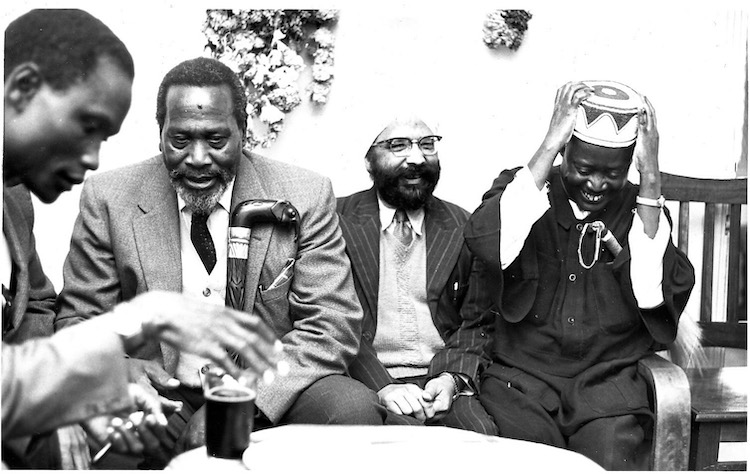By Lisa Vives, Global Information Network
NEW YORK (IDN) — As election fever was cresting in the East African nation of Kenya, declassified documents were published exposing the spread of fake news by the UK’s propaganda arm against the country’s first vice president, Oginga Odinga (October 1911-20 January 1994), for his leftist views.
Provisional results of the current elections suggest a tight presidential race in Kenya between Deputy President William Ruto and Raila Odinga, Oginga Odinga’s son and a former prime minister.
Odinga was seen as a threat to British interests by the Foreign Office in the 1960s. He was a major figure in the struggle against British colonialism.
After independence in 1963, the British identified pro-west president Jomo Kenyatta as their preferred leader. Vice-president Odinga was left-wing and open to relations with the communist bloc. Concerned that Odinga might replace Kenyatta, constitutionally or otherwise, the British tried to undermine him.
The declassified files reveal four “black” operations against Odinga. In September 1965, the Daily Telegraph ran a story headlined “Revolution Document in Kenya” using a fake pamphlet attacking Kenyatta’s government as “reactionary, fascist and dishonest”.
It was a sophisticated propaganda operation that increased suspicions that Kenya’s vice-president was in league with communist China. The Information Research Dept (IRD)—the longest-running covert government propaganda department in British history—sent 80 copies of its pamphlet to “leading personalities and the press”, the Special Editorial Unit, a highly secretive “dirty tricks section” of the IRD recorded. Kenyan newspapers gave it massive coverage.
“At its heart, it was an effort by those in London to continue to exert control over a former colony well after it had become independent,” observed Prof Scott Lucas, a University of Birmingham specialist.
Raila, who followed his father into politics, was imprisoned without trial before Kenya returned to democracy in 2002. It remains to be seen whether he will realise his father’s ambition and become president of Kenya. [IDN-InDepthNews – 10 August 2022]
Photo (from left to right): Achieng Oneko (1920–2007) was a Kenyan freedom fighter; Jomo Kenyatta, an anti-colonial activist and politician who governed Kenya as its Prime Minister from 1963 to 1964 and then as its first President from 1964 to his death in 1978; Kenyan trade unionist, Makhan Sign, born in India’s Punjab; Oginga Odinga in 1961. Wikimedia Commons.
IDN is the flagship agency of the Non-profit International Press Syndicate.
This article is published under the Creative Commons Attribution 4.0 International licence. You are free to share, remix, tweak and build upon it non-commercially. Please give due credit.

